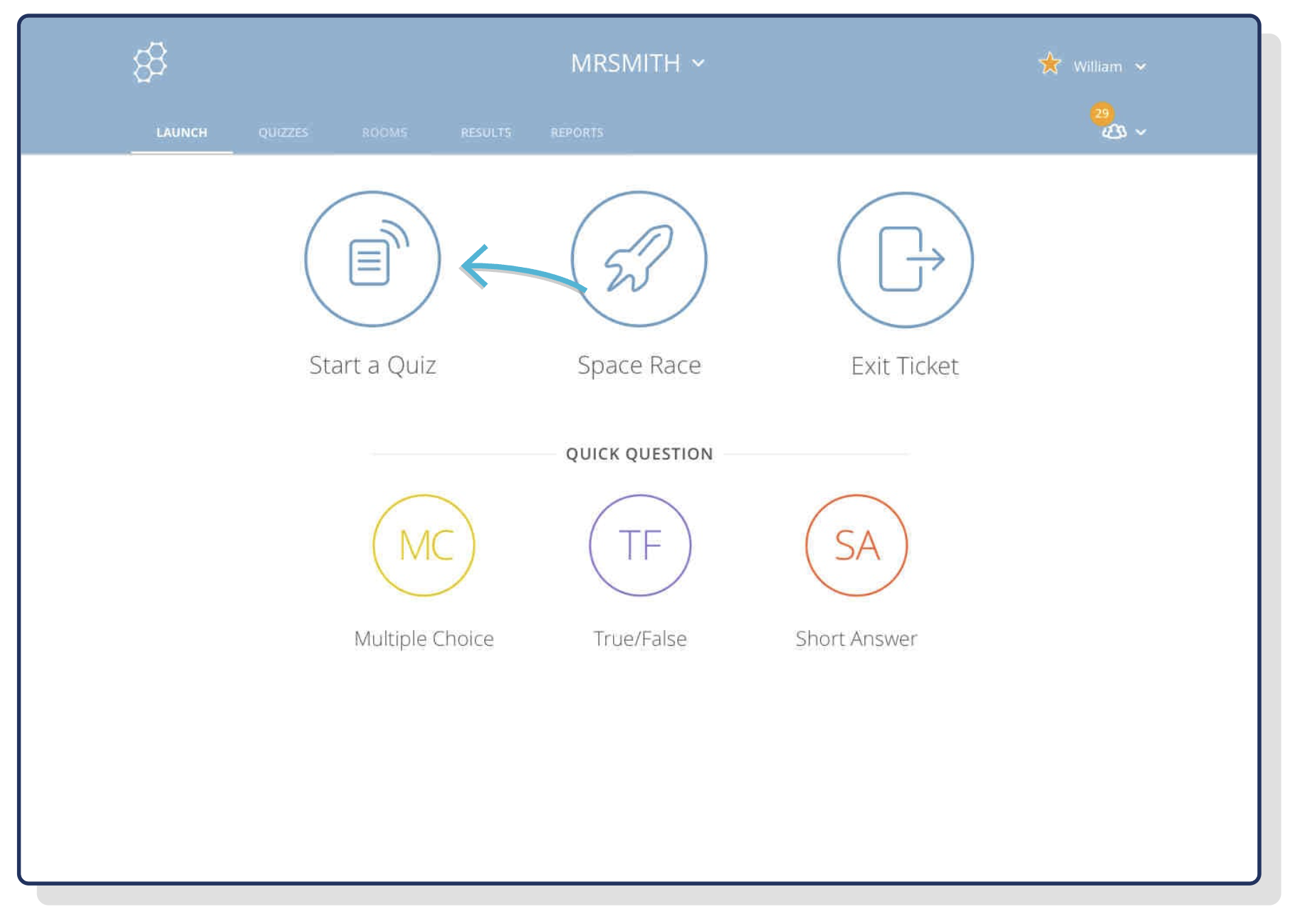Choosing the right tool to keep your notes and tasks organized is crucial. Two big names, Notion and OneNote, often pop up, but how do they compare?
This article breaks down the key features of Notion and OneNote, helping you decide which one meets your needs.
As you explore the comparisons, you’ll get a clearer picture of what each platform offers. So, let’s dive in and find out which tool – Notion, OneNote, is the right choice for you.
Key Takeaways
- Notion is a structured productivity tool that helps you stay organized and work on projects with teams, while OneNote is a free-form note-taking app primarily used for personal note-taking.
- Notion offers collaboration features such as real-time editing and task management, making it ideal for teams. OneNote also allows sharing notes but lacks some team-friendly tools.
- Notion is more versatile than OneNote and can be used for collaborative documentation, project management, and knowledge sharing. OneNote focuses on traditional note-taking functionality.
- Both Notion and OneNote are available on the web, macOS, Windows, iOS, and Android platforms. Notion offers both free plans with basic features and paid plans starting at $4 per month. OneNote is free for personal use but comes bundled with Office 365 for businesses.
Purpose and Main Functions of Notion and OneNote

Notion serves as a structured productivity tool, while OneNote is designed as a free-form note-taking app.
Notion as a structured productivity tool
Notion is a tool that helps you stay organized. It’s made for projects and tasks that need order. You can put all your work in one place with Notion. This could be notes, to-do lists, or even big projects for a team of people.
They can look at the same thing at the same time and work on it together. Not only does this make things clear, but it also saves time since everyone sees what needs to be done right away.
OneNote as a free-form note-taking app
OneNote shines as a free-form note-taking app. It is an ideal tool to jot down, capture, and save your thoughts in your own way. You can write or type anywhere on the page, much like using pen and paper.
One of its best features is that it lets you draw or write by hand if you’re using a touchscreen device. This makes it popular with students who often use it for taking notes in class.
Not only does OneNote support text notes but also allows the inclusion of images, video files, and web links to enrich your notes. Even more, you can record audio directly into the app while writing which comes in handy during lectures or meetings.
Being a personal note-taking tool primarily, OneNote puts emphasis on organizing materials just as your mind wishes.
Key Differences Between Notion and OneNote
Notion and OneNote differ in terms of collaboration features, versatility, use cases, platforms, and pricing.
Collaboration features
Notion shines in its collaboration features. Teams can work together on projects with ease. You can share and edit notes with others. Everyone can see the changes made in real-time.
This helps keep everyone on the same page. Onenote also lets you share your notes, but it lacks some of Notion’s team-friendly tools.
Versatility and use cases
Notion and OneNote have different levels of versatility and use cases. Notion is a flexible platform that can be used for a variety of purposes, such as collaborative documentation, project management, and knowledge sharing.
It offers a structured approach to productivity systems and allows users to create customizable databases, task lists, and wikis. On the other hand, OneNote is primarily designed for personal note-taking but can also be used by individuals for organization or capturing ideas.
While both tools have their strengths in terms of versatility, Notion offers more diverse use cases compared to OneNote’s focus on traditional note-taking functionality.
Platforms and pricing
When it comes to platforms and pricing, both Notion and OneNote have different offerings to suit different needs. Let’s take a closer look:
| Notion | OneNote | |
|---|---|---|
| Platforms | Available on web, macOS, Windows, iOS, and Android. | Available on web, macOS, Windows, iOS, and Android. |
| Pricing | Offers a free plan with basic features. The paid plans start at $4 per month for personal use and goes up to $8 per member per month for teams. | Free for personal use. For businesses, it is bundled with Office 365, which starts at $5 per user per month. |
It’s important to consider the platform availability if you’re planning to use the app across different devices. Similarly, the pricing will matter depending on whether you want basic features or if you’re willing to pay for more advanced features and capabilities. OneNote offers free usage for individuals, but if you’re part of a business, it comes as part of the Office 365 suite. On the other hand, Notion offers a free plan with basic features, and if you want more, they have paid plans starting at $4 per month.
Pros and Cons of Notion and OneNote
Notion offers flexibility and organization, allowing users to customize their workspace and create structured productivity systems. OneNote, on the other hand, excels in traditional note-taking features, providing a free-form canvas for capturing thoughts and ideas.
Notion’s flexibility and organization
Notion stands out for its flexibility and organization. It offers a variety of tools and features that allow users to customize their workspace according to their needs. With Notion, you can create different types of content like notes, databases, tasks, calendars, and more.
This versatility makes it suitable for individuals, teams, or even entire organizations. Additionally, Notion’s organizational capabilities are top-notch. You can easily categorize your content using tags and filters, create nested pages for better hierarchy, and link related information together.
These organizational features make it easy to find what you need quickly and stay organized with your work or personal projects.
OneNote’s traditional note-taking features
OneNote offers traditional note-taking features that make it a popular choice for individuals, especially students. With OneNote, you can easily capture and organize your notes in a free-form manner.
The app allows you to type or write by hand, insert images and audio recordings, and add tags for easy categorization. You can also create notebooks with multiple sections and pages, allowing you to structure your notes however you prefer.
In addition, OneNote provides handy tools like highlighting, drawing tools, and search functionality to help you find information quickly. Overall, OneNote is a reliable option for those who prefer a more traditional approach to note-taking.
Which Tool Should You Use?
When deciding between Notion and OneNote, it’s important to consider factors such as your personal preferences, specific needs, and the types of tasks you’ll be using the tool for.
Factors to consider
When deciding between Notion and OneNote, there are several factors to consider:
| Criteria | OneNote | Notion |
|---|---|---|
| Note-taking Style | Free-form approach | Structured and organized approach |
| Collaboration Needs | Primarily for personal use | Supports shared workspace, real-time editing, task management |
| Versatility | Traditional note-taking | Multiple functionalities: project management, knowledge sharing, etc. |
| Platform Compatibility | Check availability on preferred platforms | Check availability on preferred platforms |
| Pricing | Offers free version, evaluate premium plans | Offers free version, evaluate premium plans |
Personal preferences and needs
When choosing between Notion and OneNote, it’s important to consider your personal preferences and specific needs. Think about how you prefer to take notes – whether you like a free-form approach or a more structured system.
Consider if collaboration features are important to you, as Notion offers collaborative documentation while OneNote is primarily for individual use. Also think about the versatility of each tool and their use cases – if you need a tool that can also be used for project management, Notion might be the better choice.
Finally, consider desired features and any pricing considerations when making your decision between Notion and OneNote.
Conclusion
In conclusion, Notion and OneNote are both powerful tools with distinct purposes. OneNote is great for free-form note-taking, while Notion excels in structured productivity and collaboration.
It ultimately comes down to personal preference and specific needs when deciding which tool to use. So, whether you prefer a traditional note-taking experience or a versatile productivity platform, both Notion and OneNote have something to offer.
FAQs
1. What is the difference between Notion and OneNote?
Notion is a versatile all-in-one workspace with features like databases, project management tools, and note-taking capabilities. On the other hand, OneNote focuses primarily on note-taking and organization.
2. Is Notion or OneNote better for team collaboration?
Notion is often preferred for team collaboration due to its flexible layout options, real-time editing, and task management features. However, OneNote can also be used effectively for collaborative work.
3. Which software is more user-friendly: Notion or OneNote?
Both Notion and OneNote have intuitive interfaces, but some users find Notion’s drag-and-drop functionality and customizable templates easier to navigate. However, it ultimately depends on personal preference.
4. Can I access my notes offline with Notion or OneNote?
OneNote allows you to access your notes offline once they are synced to your device, while in order to access your notes with Notion offline functionality requires a paid subscription.
5. Are there any cost differences between using Notion vs. OneNote?
OneNote comes pre-installed with Microsoft Office suite products at no additional cost for most users. In contrast, while both applications offer free versions, using advanced features of Notions may require a monthly or annual subscription fee depending on usage requirements.



